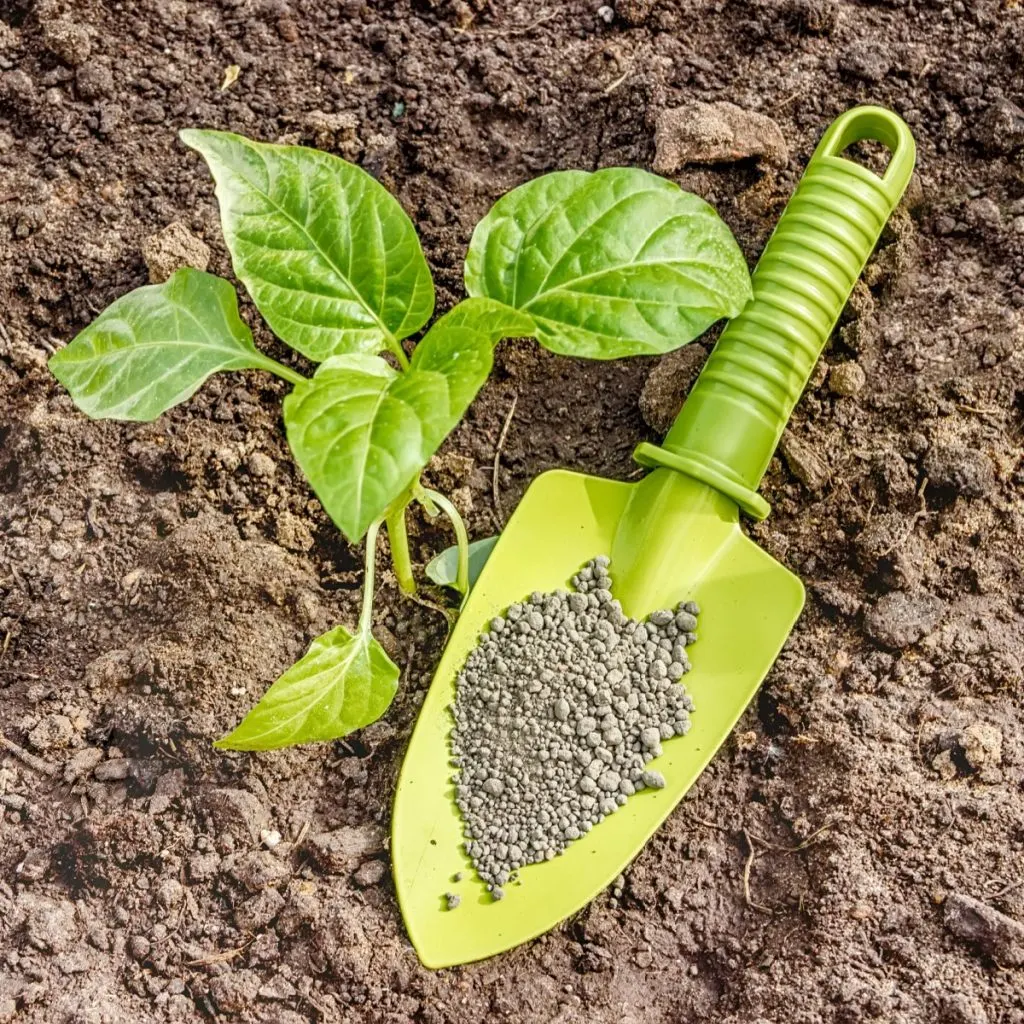Find Out the Best Fertilizers for Peppers: Top Picks for Ideal Growth
Find Out the Best Fertilizers for Peppers: Top Picks for Ideal Growth
Blog Article
Organic Vs. Synthetic Fertilizers: Which Is Best for Supporting Healthy Pepper Plants?
In the realm of supporting healthy pepper plants, the option in between synthetic and organic plant foods stands as a critical decision with far-ranging ramifications. While both options purpose to provide crucial nutrients to support plant development, the nuances of their impact on the soil, plant wellness, and the setting stimulate a dispute that echoes throughout the gardening community. Comprehending the distinctive advantages and potential pitfalls of each fertilizer type is important for pepper cultivators looking for to maximize their returns while keeping a lasting and eco-conscious technique.
Benefits of Organic Fertilizers
Organic fertilizers offer a sustainable and environmentally-friendly approach to beneficial pepper plants, offering crucial nutrients without using synthetic chemicals. These all-natural fertilizers are originated from organic sources such as garden compost, manure, bone dish, and algae, advertising soil wellness and biodiversity. Unlike synthetic fertilizers, natural choices release nutrients gradually, ensuring a balanced and stable supply for pepper plants to prosper.
One significant benefit of natural fertilizers is their capacity to enhance soil structure and water retention. By enhancing dirt health, natural fertilizers advertise advantageous microbial activity, which aids in nutrient uptake by pepper plants. Additionally, organic plant foods reduce the threat of chemical run-off, shielding water resources from air pollution and guarding the setting.
In addition, natural fertilizers add to long-lasting soil fertility by promoting the growth of helpful dirt microorganisms. These microorganisms help damage down raw material, launching nutrients in a kind that is quickly obtainable to pepper plants. best fertilizers for peppers. By fostering a healthy dirt ecosystem, organic plant foods sustain sustainable pepper cultivation techniques that profit both plants and the atmosphere
Disadvantages of Artificial Fertilizers
Synthetic plant foods, in comparison to their natural counterparts, pose different negative aspects when utilized to nourish pepper plants, affecting both plant health and wellness and environmental sustainability. One significant downside of synthetic plant foods is their propensity to seep nutrients from the soil rapidly. This rapid leaching can cause nutrition discrepancies in the dirt, causing plants to deal with poisonings or deficiencies. In addition, synthetic plant foods can harm beneficial dirt microorganisms, such as earthworms and beneficial microorganisms, disrupting the dirt environment's balance.
In addition, the overuse of synthetic plant foods can add to water contamination. Excess plant foods not taken in by plants can get rid of right into water bodies, causing eutrophication, where algae blossoms deplete oxygen levels in the water, harming marine life. Synthetic fertilizers are commonly obtained from non-renewable resources, such as fossil fuels, adding to carbon exhausts and ecological degradation throughout their manufacturing.
Nutrient Absorption Contrast
Effective nutrient absorption plays a vital role in the total health and wellness and growth of pepper plants. When comparing synthetic and organic plant foods in terms of nutrient absorption, organic fertilizers have the advantage of offering an extra balanced and slow-release resource of nutrients (best fertilizers for peppers). Organic plant foods consist of a range of macro and trace elements that are not only beneficial for the plants however also promote healthy and balanced dirt microbial task, which assists in nutrient uptake. On the other hand, synthetic fertilizers typically offer a quick release of nutrients, which can result in leaching and drainage, causing lower nutrient absorption prices by the plants.
Moreover, organic plant foods improve soil structure and water retention ability, permitting pepper plants to accessibility nutrients much more efficiently. This improved dirt original site quality facilitates origin development, making it possible for much better nutrient absorption. Artificial fertilizers, although initially increasing plant growth because of their high nutrient concentrations, may impede long-lasting nutrient absorption by degrading soil health over time.
Environmental Impact Considerations

On the other hand, artificial fertilizers, although typically more quickly offered and focused to plants, can have damaging effects on the setting if not used correctly (best fertilizers for peppers). Their manufacturing requires high power inputs, resulting in greenhouse gas exhausts and contributing to environment change. In addition, the runoff of excess artificial plant foods can pollute water resources, resulting in eutrophication and damaging aquatic ecological communities.
Best Fertilizer Practices for Peppers
To attain this, it is essential to follow best fertilizer practices tailored to the specific needs of pepper plants. One essential method is to carry out a soil test before applying any fertilizers.
Another important practice is to feed pepper plants at the appropriate time. Typically, peppers gain from obtaining plant food at growing and after that once again when they start to flower. Over-fertilizing can bring about vitamins and mineral inequalities and hurt the plants, resource so it is important to adhere to advised application rates.
Additionally, picking a well balanced fertilizer with an NPK ratio that matches pepper plants' demands is fundamental. Organic plant foods, such as garden compost or manure, can be outstanding choices as they launch nutrients slowly and improve dirt structure over time. Nonetheless, artificial fertilizers can find more information provide a fast nutrient boost when required. Ultimately, incorporating natural and synthetic plant foods carefully can assist nurture healthy and balanced pepper plants while minimizing ecological effect.
Conclusion

Organic fertilizers provide an environmentally-friendly and sustainable technique to nourishing pepper plants, providing essential nutrients without the usage of synthetic chemicals. Unlike synthetic fertilizers, organic choices launch nutrients gradually, guaranteeing a consistent and well balanced supply for pepper plants to prosper.
Artificial plant foods, in contrast to their organic counterparts, present numerous disadvantages when used to nourish pepper plants, affecting both plant health and wellness and ecological sustainability. When contrasting natural and synthetic fertilizers in terms of nutrient absorption, organic fertilizers have the advantage of offering a much more well balanced and slow-release resource of nutrients.Moreover, natural plant foods boost soil framework and water retention ability, allowing pepper plants to access nutrients more efficiently.
Report this page